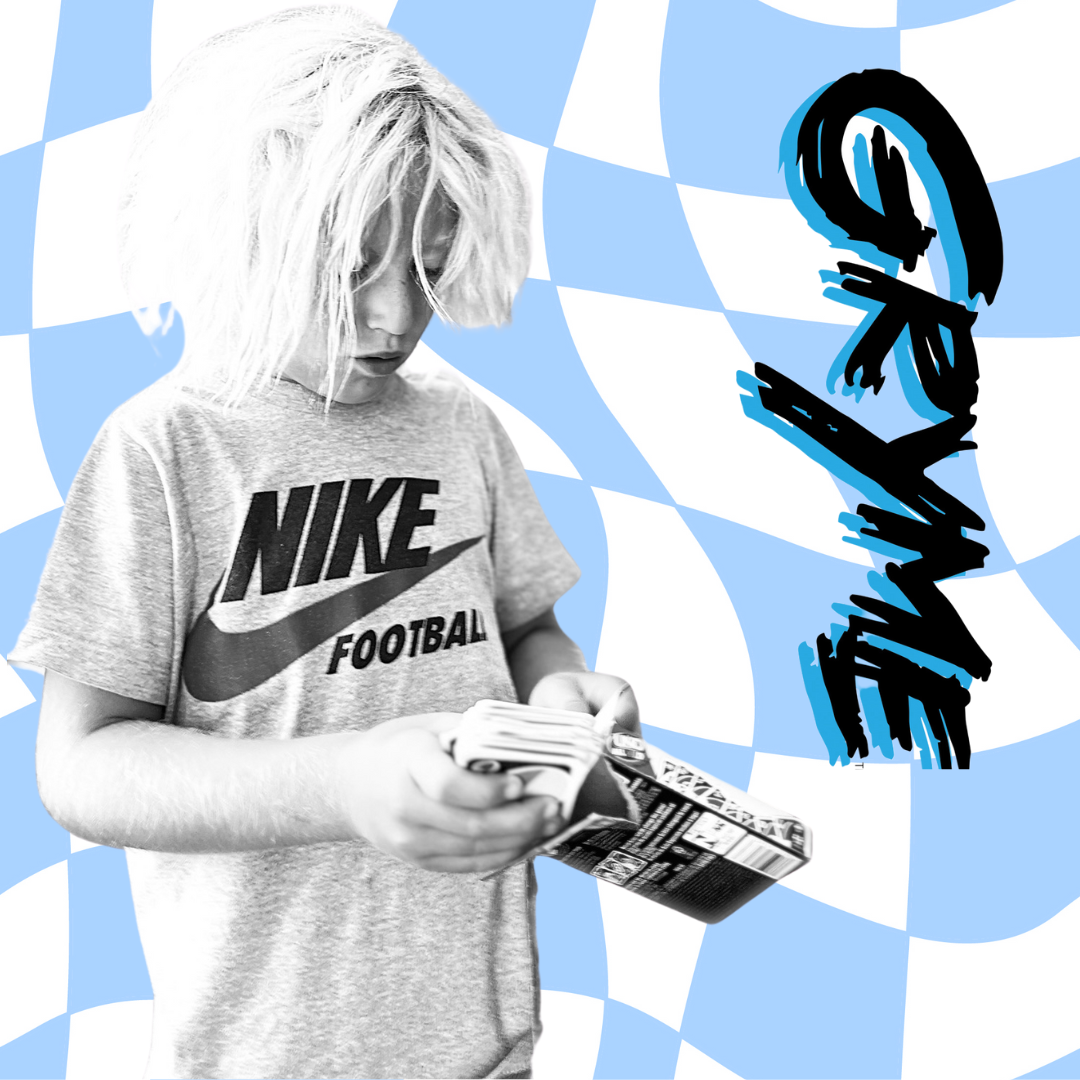Raise your hand if this sounds familiar: Your kid comes home, kicks off their shoes, and suddenly the living room smells like a high school locker room. You point it out, expecting an “Oops, sorry, Mom!” Instead, they look at you with utter confusion and say, “What smell?”
If you’re nodding along, welcome to the parenting rite of passage where tweens—those delightful 8-12-year-olds—are blissfully unaware of their own body odor. And here’s the kicker: they genuinely don’t smell it, even when the rest of the house is begging for mercy….or can they?
Can’t they notice what’s so obvious to the rest of us? Let’s break it down, and talk about what’s really going on—and how to survive the tween stink years without losing your mind.
Don’t Tweens Smell Their Own Stink?
1. Nose Blindness Is Real
Their noses aren’t broken—they’re just working overtime. When you’re constantly surrounded by a smell, your brain stops noticing it. It’s called olfactory adaptation (or “nose blindness”), and it happens to all of us.
Think about it: if you bake cookies, the kitchen smells amazing at first. But after 10 minutes, you hardly notice it anymore. The same thing happens to your tween. They’re around their own bodies all day, so their brain tunes out the smell to focus on more important things (like Minecraft).
We, however, walk into their room after a long day and get hit with the stink like a wall of bricks.
2. Their Sense of Smell Is Still Developing
Believe it or not, kids don’t smell things as sharply as adults do. Their olfactory systems are still maturing, so they might genuinely miss the subtler smells we pick up. That sweaty, gym-sock funk that makes us gag might register as “barely there” to your tween.
On top of that, they haven’t yet developed the cultural sensitivity to body odor that adults have. To them, smelling bad isn’t a big deal. It’s just... life.
3. Feet, Scalps, and the Pre-Puberty Funk
Even if your tween hasn’t hit full-blown puberty yet, their body is still capable of creating some serious stink. Here’s why:
- Feet: Kids’ feet sweat. A lot. In fact, studies show that kids’ feet can produce double the sweat of adults’ feet in the same conditions. And when that sweat gets trapped in socks and shoes all day? Hello, bacteria! Those bacteria break down sweat and create the lovely aroma we associate with old sneakers. And if your child is clocking 20,000+ steps a day like our guys, that explains a lot.
- Scalp: If your kid skips washing their hair (or gives it a 5-second splash and calls it “clean”), natural oils and bacteria on their scalp can start to smell musty or sour. This is especially true if they wear hats or helmets for sports.
It’s a perfect storm of stink, and your kid is happily oblivious.
Why Tweens Don’t Care (Even When You Point It Out)
Even when your tween does start to notice their smell, getting them to care can be a whole other challenge.
They’re Not Embarrassed Yet
Unlike teenagers, tweens haven’t hit the stage where they’re hyper-aware of what their peers think. If no one at school is calling them the stinky kid, they don’t see a problem. Embarrassment is a powerful motivator, but tweens are blissfully unaware—for now. Once they hit puberty, peer influence will often take over, and they’ll start to care about how they present themselves to the world.
Nagging Feels Like an Attack
Tweens are in that awkward stage where they want independence but still rely on us for, well, everything. If you tell them to shower or use deodorant, it can feel like you’re questioning their competence, and they’ll dig in their heels just to prove a point. Especially if their friends aren’t bothered, yet.
So, What Can We Do About It?
As parents, we’ve got to strike a balance between letting our kids grow into their hygiene habits and making sure they don’t smell like a science experiment. Here’s what’s worked for me—and maybe it’ll work for you too.
1. Make Hygiene Part of the Routine
Tweens thrive on routines. Instead of waiting until they smell bad to bring it up, make hygiene a regular part of their day:
- Shower every day (especially after sports).
- Teach them to wash the “important spots”—armpits, feet (even between toes), and privates – thoroughly. Have them sing or hum a song or two while they shower up so they wash longer than 5 seconds.
- Brush teeth and use deodorant as part of their morning routine.
It helps to frame this as something they get to do, not something they have to do. “You’re old enough for deodorant now—that’s a big deal!”
2. Let Them Choose
Tweens are more likely to use hygiene products if they actually like them. Ditch the old toddler stuff (if you still have it around like we did) and get them a body wash or a deodorant that feels grown-up, but that’s formulated just for them. Gryme’s body wash doubles as a face wash, making it even easier to clean up in just one step. Bonus points if it smells good and looks cool.
3. Lead By Example
Kids are more likely to adopt good habits if they see you modeling them. If you make hygiene a normal, no-big-deal part of your day, they’ll be more likely to follow suit.
4. Keep It Light
Body odor doesn’t have to be a fight. Instead of saying, “You smell awful, go take a shower,” try, “Whoa, you worked up a serious sweat! Want me to grab you a fresh towel?” Keeping the tone positive makes it less of a battle and more of a team effort.
The Bright Side
Here’s the good news: this phase doesn’t last forever. At some point, your kid will care—probably more than you’d like! Until then, remember that the tween funk is just another milestone on their journey to independence.
So, take a deep breath (or maybe not, depending on the situation), light a candle, and hang in there. You’ve got this!
What about you? Have you survived the tween funk years? Got any tricks for making hygiene less of a battle? Let me know—I’m all ears (and maybe a little nose).





Leave a comment
All comments are moderated before being published.
This site is protected by hCaptcha and the hCaptcha Privacy Policy and Terms of Service apply.